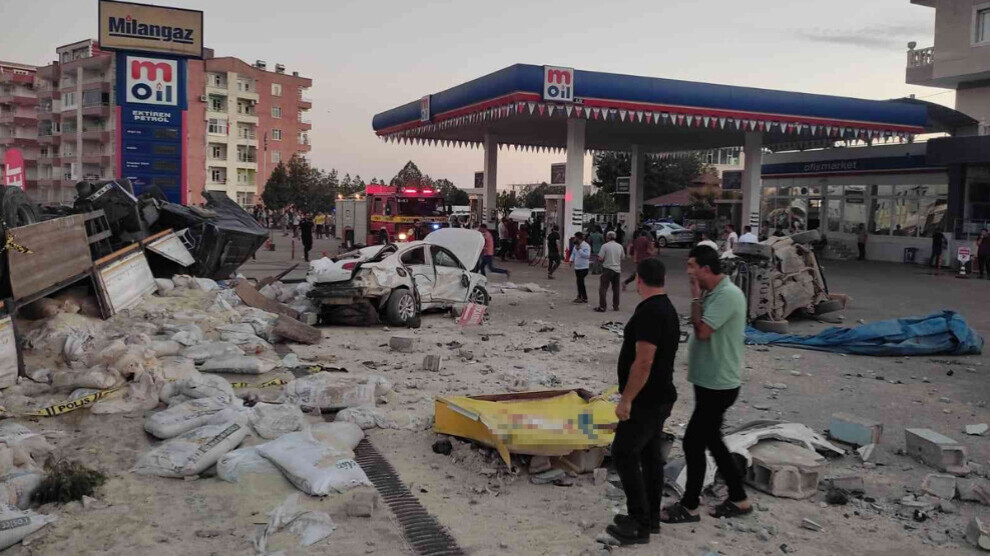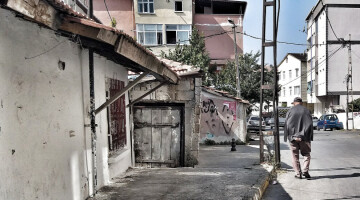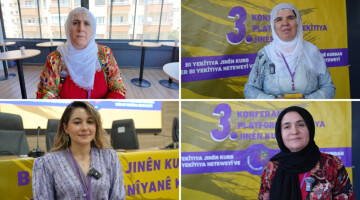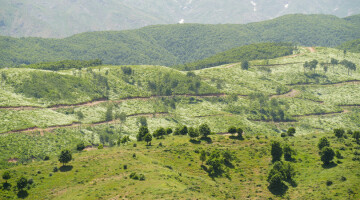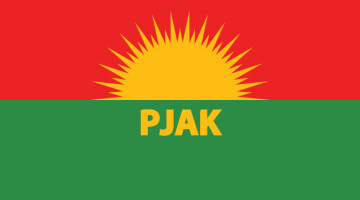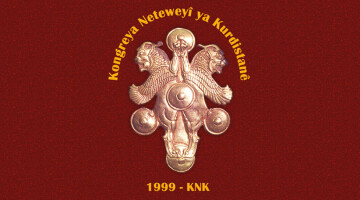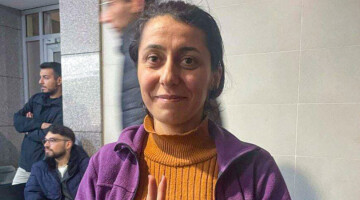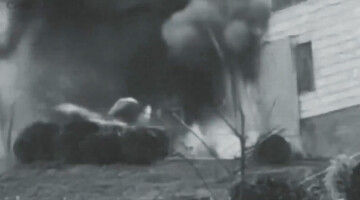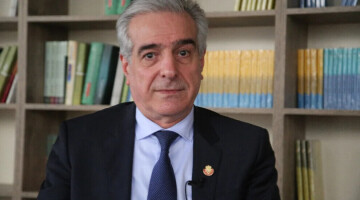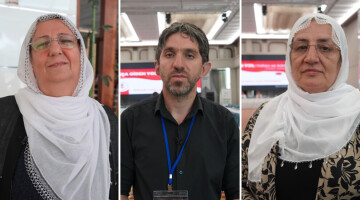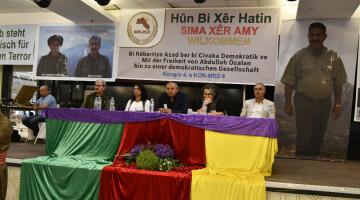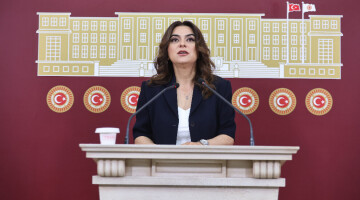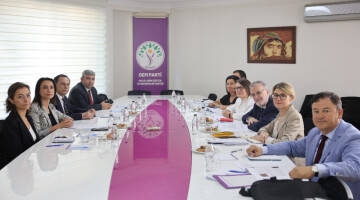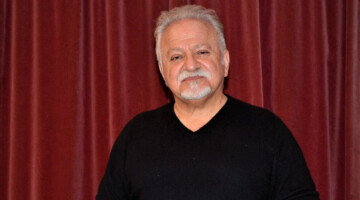The media in Turkey are not allowed to report on the devastating traffic accident in the Derik district of the northern Kurdish province of Mardin. Referring to the "protection of public health, security and order as well as national security and for the prevention of criminal offences", the Turkish judiciary imposed a muzzle on all newspapers, broadcasters and news agencies. The corresponding reporting ban was issued by the Broadcasting Supervisory Authority on Monday, and the media must pay a fine if they violate it.
The road accident in Derik occurred on Saturday. A truck from the mining company Eti Bakır loaded with mineral fertiliser ploughed into the scene of the accident and hit people at a petrol station as well as people administering first aid. As of now, 21 people, including several minors, have died. 25 people were injured, and at least six of them are in danger of losing their lives. The first accident was also caused by an Eti Bakır truck. Both drivers have since been detained.
As has only now become known, the criminal division of the district court in Derik imposed a ban on reporting immediately after the traffic accident. A few hours earlier, a similarly serious accident had occurred near Antep, where 16 people died, including firefighters, medical personnel and two journalists. What is particularly tragic is that they were originally there to report on a previous accident. An approaching bus then crashed, overturned and hit an ambulance and the journalists' broadcast van, the authorities said. At least 22 other people were injured. No reporting ban was ordered for this accident.
The mining company Eti Bakır belongs to Cengiz Holding, which is known as the biggest destroyer of the ecological and social balance in Kurdistan and Turkey. Cengiz Holding is part of the so-called "Gang of Five", a corporate complex closely intertwined with the AKP government that profits massively from public-private partnership projects. At the top is Mehmet Cengiz, a business boss loyal to Erdogan, who has come into a lot of money, power and influence since the AKP came to power in 2002. He and other members of his family often appear on the Forbes list of the richest Turks. Mehmet Cengiz's name also appears in the Panama Papers. The revelation of the Panama Papers in 2016 by a whistleblower provided a glimpse into the offshore world of shell companies and tax havens.

